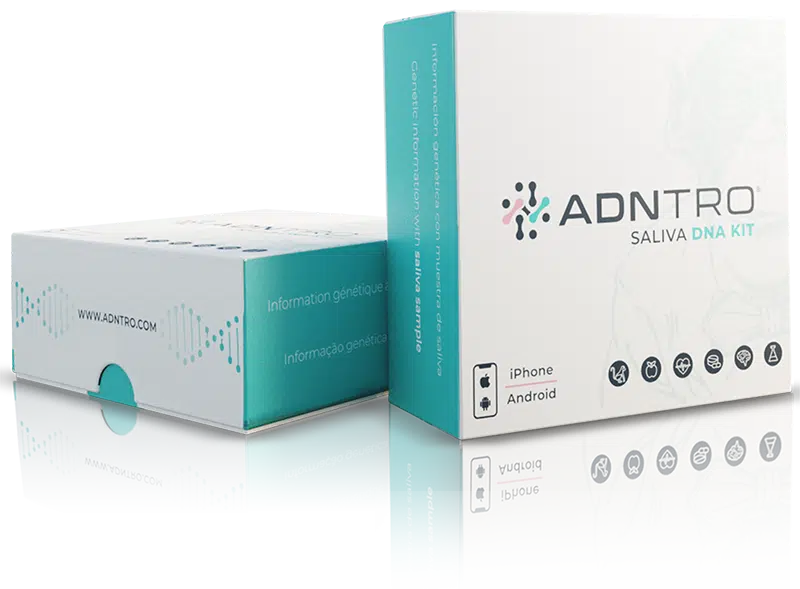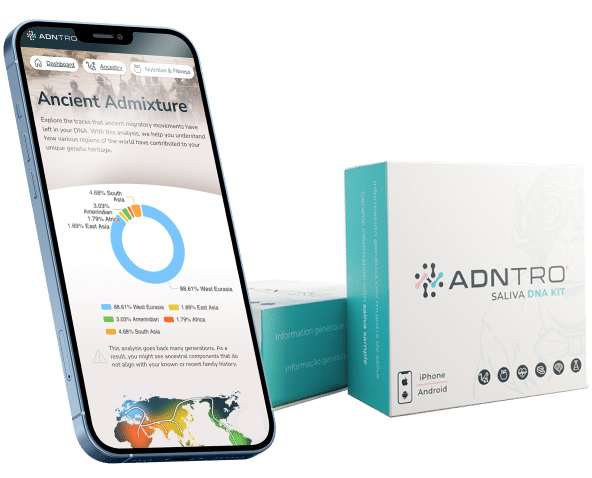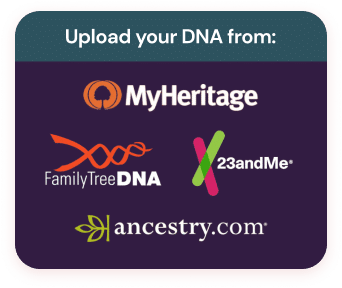Our body is constantly controlling our glucose levels (glucose balance).
This process is known as glucose homeostasis. It involves two very important hormones secreted by the pancreas are involved: insulin and glucagon.
When our glucose levels drop too low, our body secretes glucagon. It is responsible for activating gluconeogenesis (synthesis of glucose) and degrading glycogen in order to obtain glucose molecules (glycogenolysis).
Conversely, if our blood glucose levels are very high, our body will secrete insulin. This hormone stimulates glycogenogenesis (synthesis of glycogen from glucose) and the GLUT4 pathway. This is the dominant mechanism for removing blood glucose in muscle and fat after a meal.

When this hormonal balance is broken, diabetes appears. There are several reasons why this balance can be broken (different types of diabetes). The most common types are:

Type 1: Diabetes Mellitus

Type 1 diabetes is also known as diabetes mellitus .
It is due to an insufficient or non-existent production of insulin. It develops in the early stages of life and is characterized by an autoimmune reaction in the insulin-producing cells of the pancreas (the organism itself destroys the beta cells).
It is estimated that the heritability of type 1 diabetes (percentage of the disease due to genetic factors) is around 60%.
However, not all the mechanisms or variants associated with this estimated heritability are known. That is why the genetic markers that we analyze in our ADNTRO reports explain about 22% that is known to be heritability.
Type 2 Diabetes
This is the most common type of diabetes. It appears in adulthood and is due to a decrease in insulin response - or secretion of it.
Insulin resistance occurs when cells do not respond well to insulin and cannot absorb glucose from the blood easily. This is due to the ineffectiveness of insulin in our body, while the alteration of insulin secretion is due to defects in the beta pancreatic cells.

Among the risk factors we find are: age, obesity, sedentary lifestyle, inadequate diet, and genetics.
The genetic predisposition to suffer from this disease is highly heritable. It is estimated that the heritability of type 2 diabetes (percentage of the disease due to genetic factors) is 40-70%.
However, to date, not all the mechanisms and variants associated with this estimated heritability are known. This is why the genetic markers we analyze in our ADNTRO reports explain about 20% and are coined the term explained heritability.

Gestational diabetes
This is a temporary diabetes that develops in about 5% of pregnancies due to hormonal changes. It usually disappears shortly after childbirth.
However, mothers who have had gestational diabetes (and their children born when when they had it) have an increased risk of developing type 2 diabetes in the future.
What are you waiting for to find out your genetic predisposition to have type 1 and 2 diabetes? With the DNA TEST is very simple. Remember, if you are already genotyped with another company, you can upload your RAW DNA data for free to ADNTRO.














